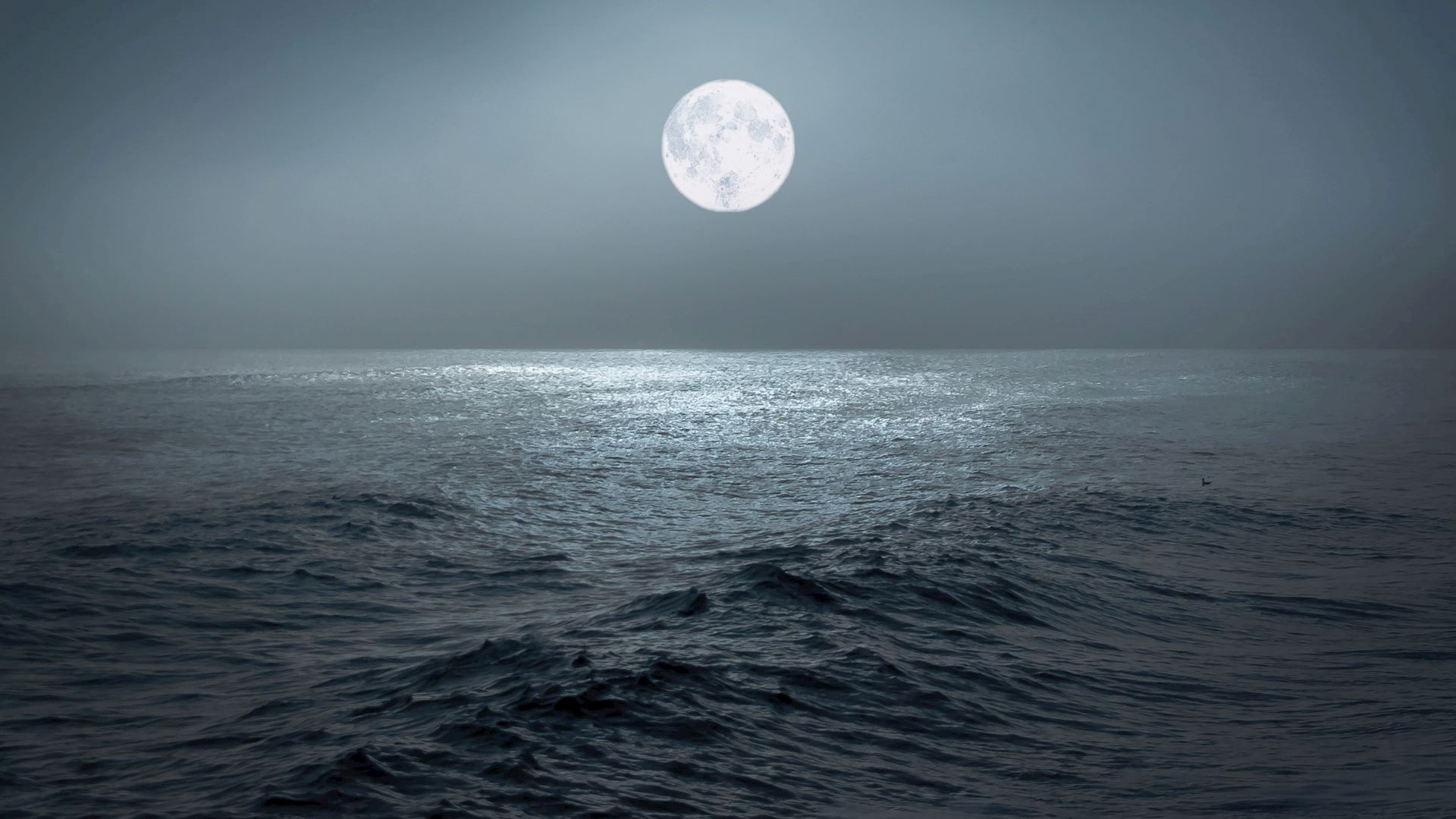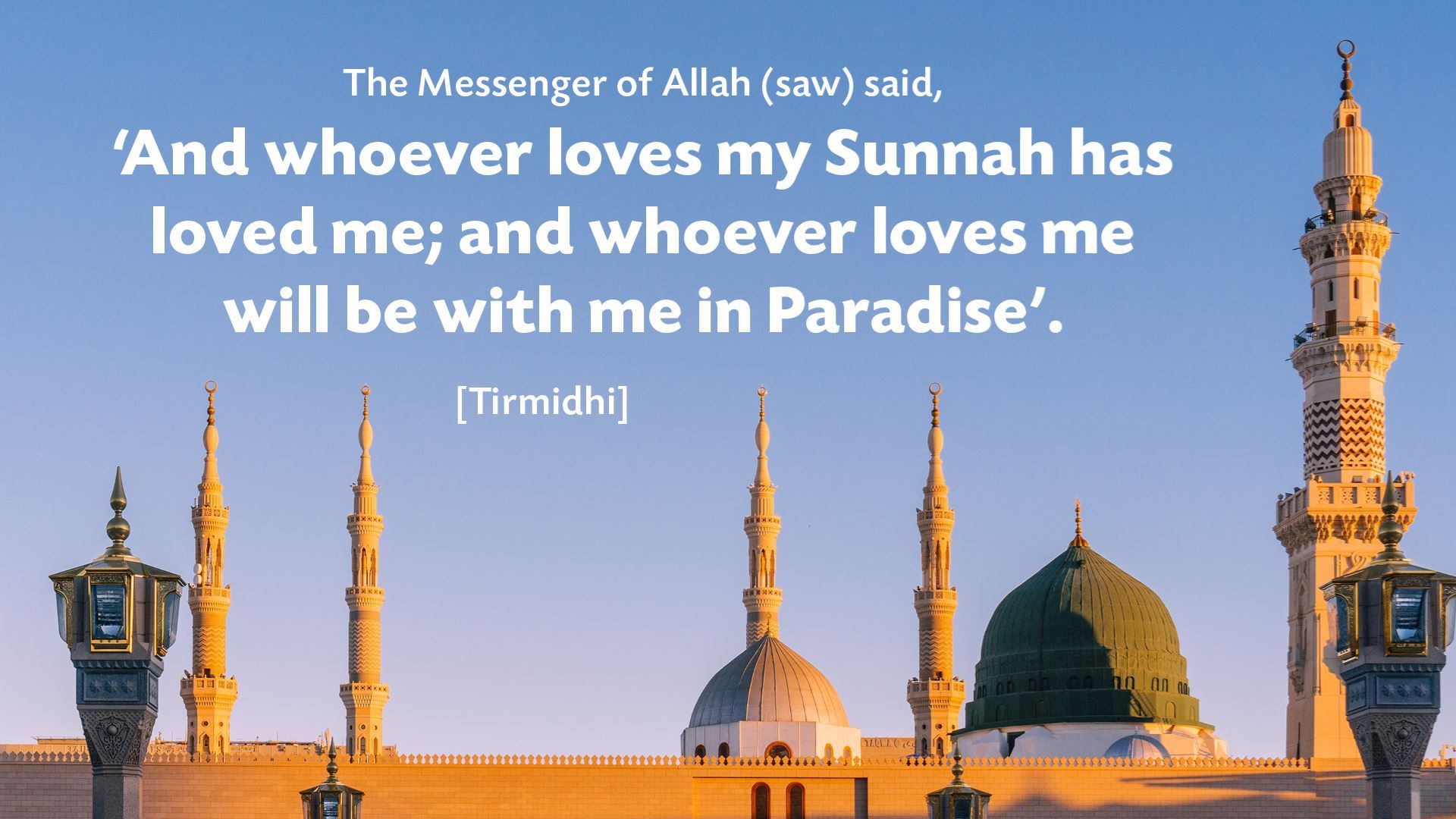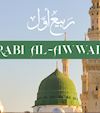Fasting the Three White Days

On the authority of ’Abdul-Malik ibn Qudamah ibn Milhan (RA) that his father (RA) said, ’The Messenger of Allah (SAW) used to command us to fast the (three) days with the bright nights (al-Ayyam al-Bid), the 13th, 14th and 15th [of every lunar month]’. [Nasa’i]
Many Muslims are aware that the Prophet (saw) used to voluntarily fast on certain days in the year. For example, he (SAW) used to fast on Mondays and Thursdays. But the fact that he (SAW) used to fast the three middle days of every single lunar month is not well-known at all!
What are the Three Bright Days?
In Arabic, these days are called Al-Ayyam al-Bid, which literally means ‘the white days’. They are also called ‘the shining nights’, ‘the bright nights’ and ‘the bright days’.
So, what is so special about these three days?

The above image shows the monthly phases of the moon. The moon begins as a crescent, then waxes until it is full, then wanes until it is a crescent again. The three middle nights of the lunar month are when the moon is full and circular. These are therefore the brightest nights of the month - hence the name! The brightness of these nights is also one of the reasons the Prophet (SAW) fasted on their days. It was a way of giving thanks to Allah SWT for lighting the dark nights. This would have been particularly poignant at the time of the Prophet (SAW) when electric lighting had not yet been invented.
What is the reward of fasting the Bright Days?
On the authority of Ibn ’Abbas (RA) who said, 'The Messenger of Allah (SAW) did not used to break fasting on the Bright Days whether he was a resident or travelling'. [Nasa'i]
SubhanAllah, the Prophet (SAW) gave HUGE importance to fasting the bright days. Even though Muslims are exempt from obligatory fasting while travelling, he (SAW) still made the effort to keep these voluntary fasts.

The reward of fasting these three days is incredible:
On the authority of ’Abdul-Malik (RA) who narrated from his father (RA) that the Messenger of Allah (SAW) used to enjoin (fasting) these Three Bright Days, saying, ‘They are (equivalent to) fasting the whole month’. [Nasa’i]
How can fasting three days be the same as fasting 30 days? Because for this Ummah, one good deed is counted as ten good deeds!
What exactly IS the reward of fasting the whole month?
The Messenger of Allah (SAW) said, ’Every deed of the son of Adam [AS] will be multiplied for him, between ten to seven hundred times for each merit. Allah SWT said, “Except for fasting, for it is for Me and I shall reward for it“’. [Ibn Majah]
This means that by fasting just three days a month, you gain unimaginable rewards, the extent of which only Allah SWT knows. There is truly no action equivalent to fasting:
Reviving the forgotten Sunnah
Fasting the Three Bright Days doesn’t just carry the reward of voluntary fasting. It also carries the reward of reviving the forgotten Sunnah!
The Messenger of Allah (SAW) said, ’Whoever revives a Sunnah of mine that dies out after me, he will indeed have a reward equivalent to that of those among the people who act upon it, without that detracting from their reward in the slightest…′ [Ibn Majah]
Not many Muslims are aware that the Prophet (SAW) used to command his followers to fast the Three Bright Days. It is thus a Sunnah that has been forgotten and neglected. By fasting yourself - and encouraging those around you to fast - you can gain the reward of reviving the Sunnah!
Making a conscious effort to follow the Sunnah is an intrinsic part of being Muslim:

He (SAW) also said, 'Therefore, whoever is reluctant to follow my Sunnah is not from me'. [Bukhari & Muslim]
We pray Allah makes us from our beloved Prophet's (SAW) people and enables us to revive his Sunnah, Ameen!















